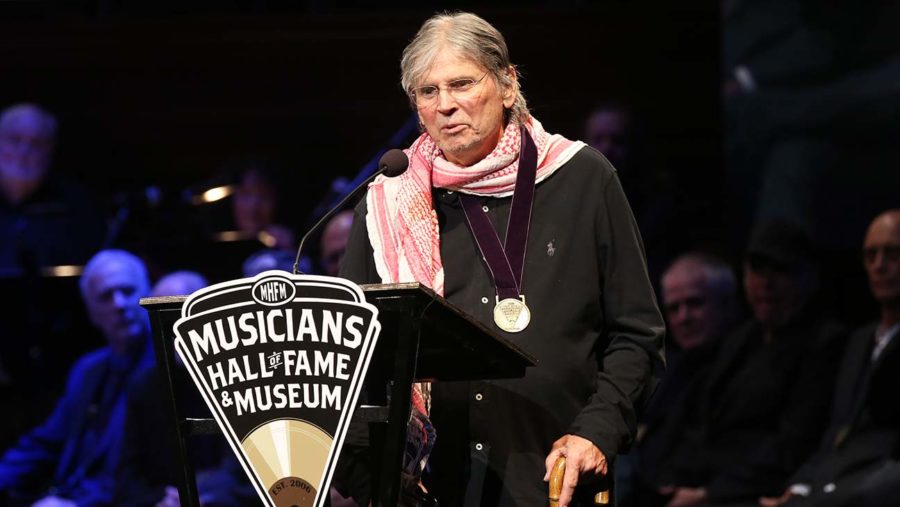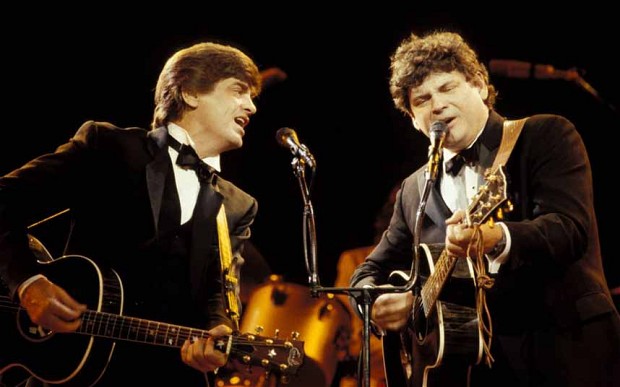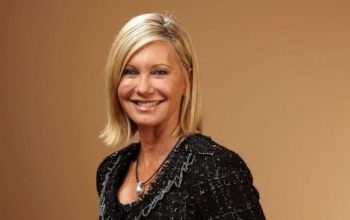Don Everly, half of the quintessential harmonic duo The Everly Brothers, dies at 84– cause of death was not immediately given.
The following written content by Dave Mistich

Don Everly, half of one of rock and roll’s pioneering groups, The Everly Brothers, has died. The musician, known for singing close harmonies with his brother, was 84.
With hits like, “All I Have To Do Is Dream,” “Wake Up Little Susie,” “Bye Bye Love” and “Cathy’s Clown,” The Everly Brothers were a sensation in the late 1950s and early ’60s as rock and roll became a cultural phenomenon.
Everly’s country-influenced vocals, sung alongside his younger brother, Phil, stretched the possibilities of harmonies in early rock and roll.
Everly’s death was confirmed online Sunday via the duo’s official Instagram account.
“It is with great sadness that we regret to announce the passing of Isaac Donald Everly today. He leaves behind his wife Adela, mother Margaret, children Venetia, Stacy, Erin & Edan, grandchildren Arabella, Easan, Stirling, Eres, Lily & Esper,” the account wrote.
No cause of death was immediately given.
The duo, raised playing in the family band, moved to Nashville in 1955. After some initial success writing songs for country star Roy Acuff’s publishing company, Acuff-Rose, the brothers recorded a single for Columbia. But it was their version of “Bye Bye Love” in 1957 that launched them to No. 2 on the U.S. Billboard Pop charts.
The group went on to influence other vocal harmony-driven duos, such as Simon & Garfunkel — whose earliest work closely mimicked the Everly Brothers’ iconic sound.
Following decades and a string of hits together, tensions mounted between The Everly Brothers — resulting in an infamous on-stage blowup on July 14, 1973, when Phil smashed a guitar and left Don to finish the show by himself.
Don told Rolling Stone in 1986 that it was one of “the saddest days” of his life.
With the help of British guitarist Albert Lee, the siblings reunited for a London concert that was filmed in 1983. The duo continued to stay active until 2006. Read more from NPR.
Subscribe here





